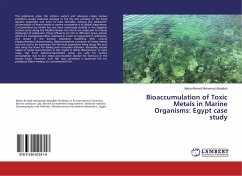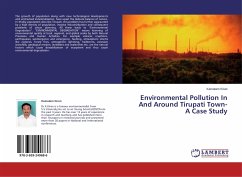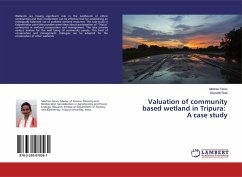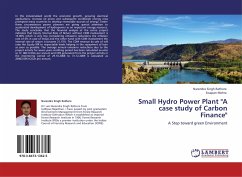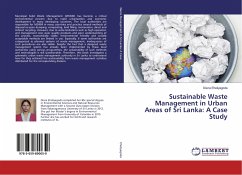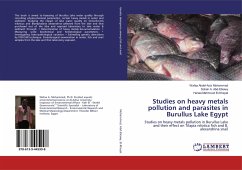The pollutants enter the inshore waters and estuaries create serious problems caused extensive damage to the life and activities of the living aquatic organisms and even to mass mortality. Among the pollutants, accumulation of heavy metals in marine ecosystems is of global importance. Contamination by metals has not been extensively studied in the Egyptian coastal zones along the Mediterranean Sea which are subjected to intense discharges of pollutants. These effluents are rich in different heavy metals, which are transported either dissolved in water or suspended in sediments, and stored in the bottom sediments modifying their natural physicochemical characteristics. Bioaccumulation processes of heavy metals can turn out to be hazardous for the local population living along this area and using the shore for fishing and recreation activities. Exceeding certain values of metal concentration in fish results in lethal disturbances. In most cases, fish from metal-contaminated water are safe for human consumption due to low metal accumulation (except for mercury) in the muscle tissue. However, such fish may constitute a potential risk for predatory fishes feeding on contaminated fish.

